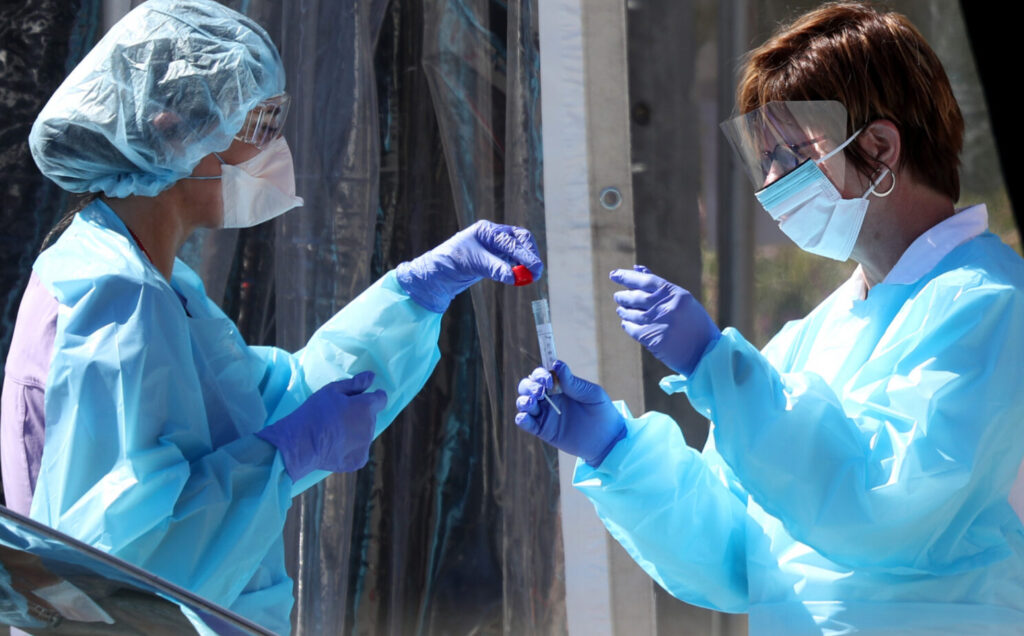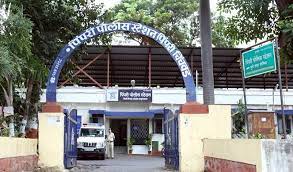Virus Vaccine: Different stages it undergoes before mass production

Shikha Chaurasia
Pune, June 9, 2020: Amidst the novel Coronavirus outbreak, there have been many talks about the development of a vaccine which will be able to prevent the spread of the infection and cure it. There are many scientists and experts from all over the world who are trying to find out and make a vaccine which will make our immune system familiar with the virus and as a result, our body will develop antibodies which will be able to fight the virus and stop it from replicating. But, the process of developing a vaccine is not easy. It involves complex procedures and immense scientific and biological knowledge, efforts and funds.
Researchers across the world are trying hard to make a safe vaccine and 10 experimental vaccines are already in the stage of clinical trials. Oxford and Moderna are among the most promising candidates in the development of a vaccine for Coronavirus.
The different phases a vaccine has to undergo before mass production are-
1) Comprehending the nature of the virus
It is very important to understand the genus of the virus and the type of RNA, DNA or proteins it is made up of. Firstly, it is tested in the lab and the effects of the virus on animal and human cells is observed. Later, the scientists check if any of the proteins of the virus can be used to trigger an immune response in the body. If the genetic making and sequence of the virus is known, then it is much easier to generate treatment options.
2) Selecting vaccine candidates for the development of a vaccine
The next stage is to isolate the virus from its live condition and weaken or inactivate it to test if this isolated virus (vaccine candidate) can be used to generate an immune response. In most vaccines for viral diseases, the live virus is not used in making the vaccine, instead, its genetic sequence or a particular protein is used to stimulate an immune response. This type of vaccine is known as a subunit, polysaccharide, recombinant and conjugate vaccine.
3) Preclinical studies
In this stage, the vaccine and its effects are tested for safety. This process is usually carried out in animals first and later the responses are studied and checked. If the results are positive, they can be applied and tested on humans.
4) Clinical Trials
This is one of the most crucial stages which many vaccines fail. During this stage, the potential vaccine is tested on humans in three phases.
- Phase I– In this initial phase, the vaccine is tested on just a few dozen people or 5-6 volunteers to check the safety of the vaccine and if it has any negative or adverse effects on humans.
- Phase II– If the vaccine succeeds in Phase I, then during Phase II, the testing is ramped up and the vaccine is now tested on approximately 100 people to see the effects of the virus on a larger number of people.
- Phase III– After succeeding and producing positive effects, the vaccine now enters Phase III. This is the most crucial stage and the vaccine is now tested on thousands of people to check the efficacy and result the vaccine is generating.
After undergoing testing and generating positive results in all the three phases and undergoing thorough research, the vaccine is categorized safe for mass usage and production.
5) Approval of the vaccine by regulatory bodies and respective agencies
The usage of the vaccine and licensure can only be given by regulatory and respective authorities who will inspect the research and effects of the vaccine and if they feel it is working and will help the people in curing the disease, the license is granted. In the US, the regulatory body is the Food and Drug Administration (FDA) and the Indian equivalent of it is the Central Drugs Standard Control Organization (CDSCO).
6) Production and Funding of the Vaccine
This is one of the most critical stages in the development of a vaccine. In order for the vaccine to be made available for global use, it needs a humongous amount of funding so that mass generation can be done and the cost of mass production can be managed.
Many factories and laboratories have to be approved to produce the vaccine in a safe and clean environment or new labs have to be set up at various locations to produce the vaccine at a large scale.
These are the stages a vaccine has to go through in order to be licensed and made available for public use and safety. This is why vaccine development can be a long and time-consuming process.
Corona vaccine production started in Pune, 1 billion doses to be produced






